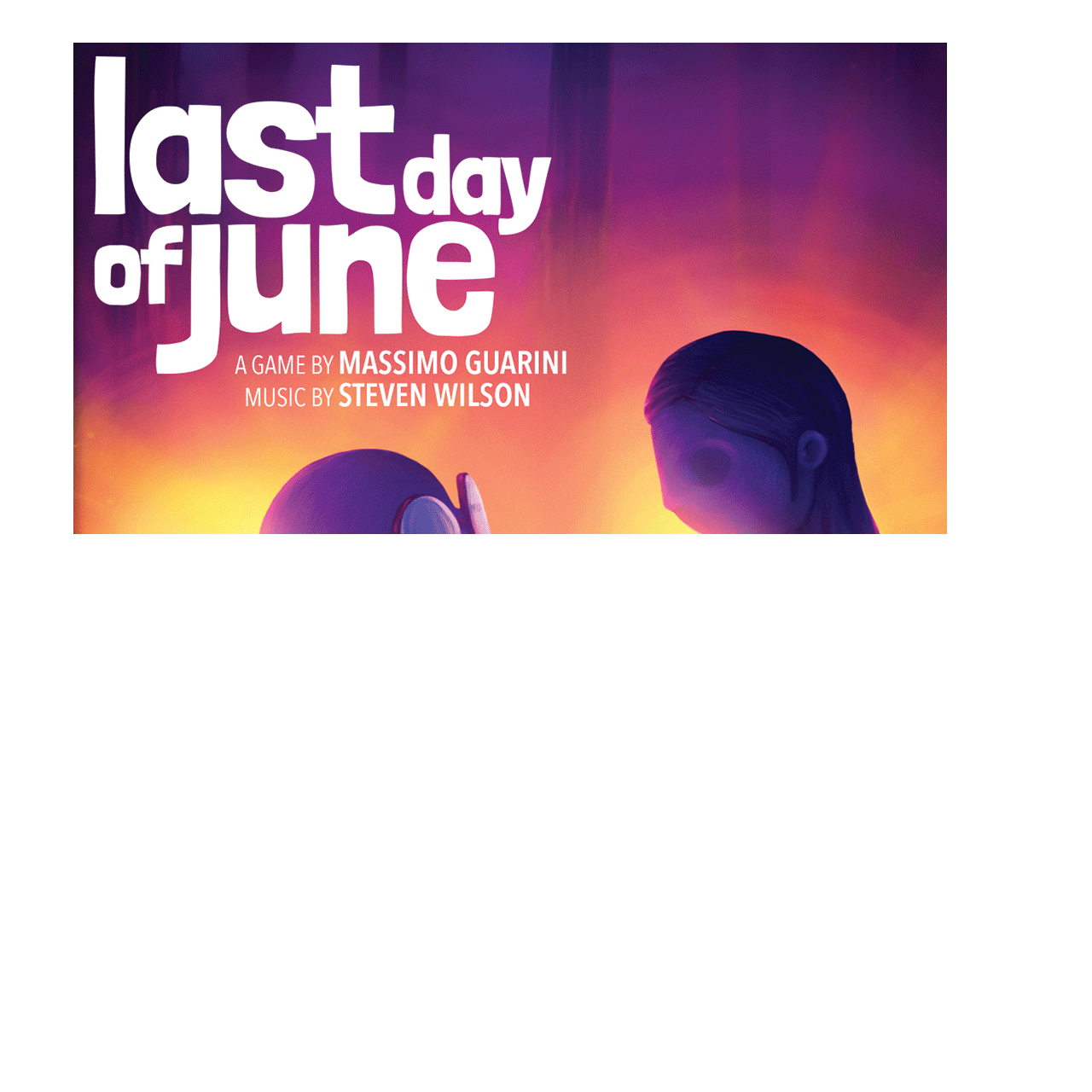This is a Steven Wilson project, but not as you know it. The game for which it was written is the brainchild of director Massimo Guarini, who was inspired by Wilson’s searingly moving ‘story-in-a-song’ Drive Home (from 2013’s The Raven That Refused To Sing (And Other Stories)). Stemming from characters created by German illustrator Hajo Müller (and brought to life in Jess Cope’s richly compelling animated video) it takes the player through the story of Carl and June – the latter dies in a car accident which leaves the former in a wheelchair. Ultimately it poses the question ‘What would you do to save the one you love, if you could change the course of events?’ It’s an emotionally immersive experience, taking in themes of love, loss, regret and moving on in the process. Grand Theft Auto this is not.
And, musically, nor is it a simple compilation of Steven’s songs. Specially edited and sequenced together by Wilson, this atmospheric instrumental soundtrack sounds as though it was designed for this project, not assembled from four solo albums plus cuts from (ambient/drone project) Bass Communion, as it actually was. Wilson has long said that progressive music should take you on a journey, and the music used here perhaps embodies that idea the most – filled, as it is, with a sense of narrative emotion. Opener Some Things Cannot Be Changed (based on Grace For Drowning’s Belle De Jour) has a haunting, almost Tubular Bells-like quality with its sparse acoustic lines. The title track is essentially an instrumental Routine (from Hand. Cannot. Erase.), with only the chorister’s other-worldly notes floating above gorgeous guitar lines. And Driving Home takes the beautifully sad strings and piano progression of The Raven That Refused To Sing to spine-tingling new levels.
It’s not all melancholia. I’m Still Here… conjures an ominous sense of Raider II from Grace For Drowning (reminding us that this is a guy who loves the creepy industrialism of Throbbing Gristle), while snippets like Suspended In Me capture more of an ambient quality. Elsewhere The Boy Who Lost His Friends morphs into the final passage of Deform To Form A Star, and Time For A New Start grows from the piano-led title track from 2008’s Insurgentes to cathartic effect.
For Wilson fans, it’s impossible to not think of the original versions (most of which had vocals, which have virtually all been stripped away here), and observe how your attention falls on instrumentals, breathing space and subtler touches instead of sung climaxes. And yet Last Day Of June works as a listening experience in its own right; as a compellingly melancholy fusion of Wilson’s most poetic solo moments.

